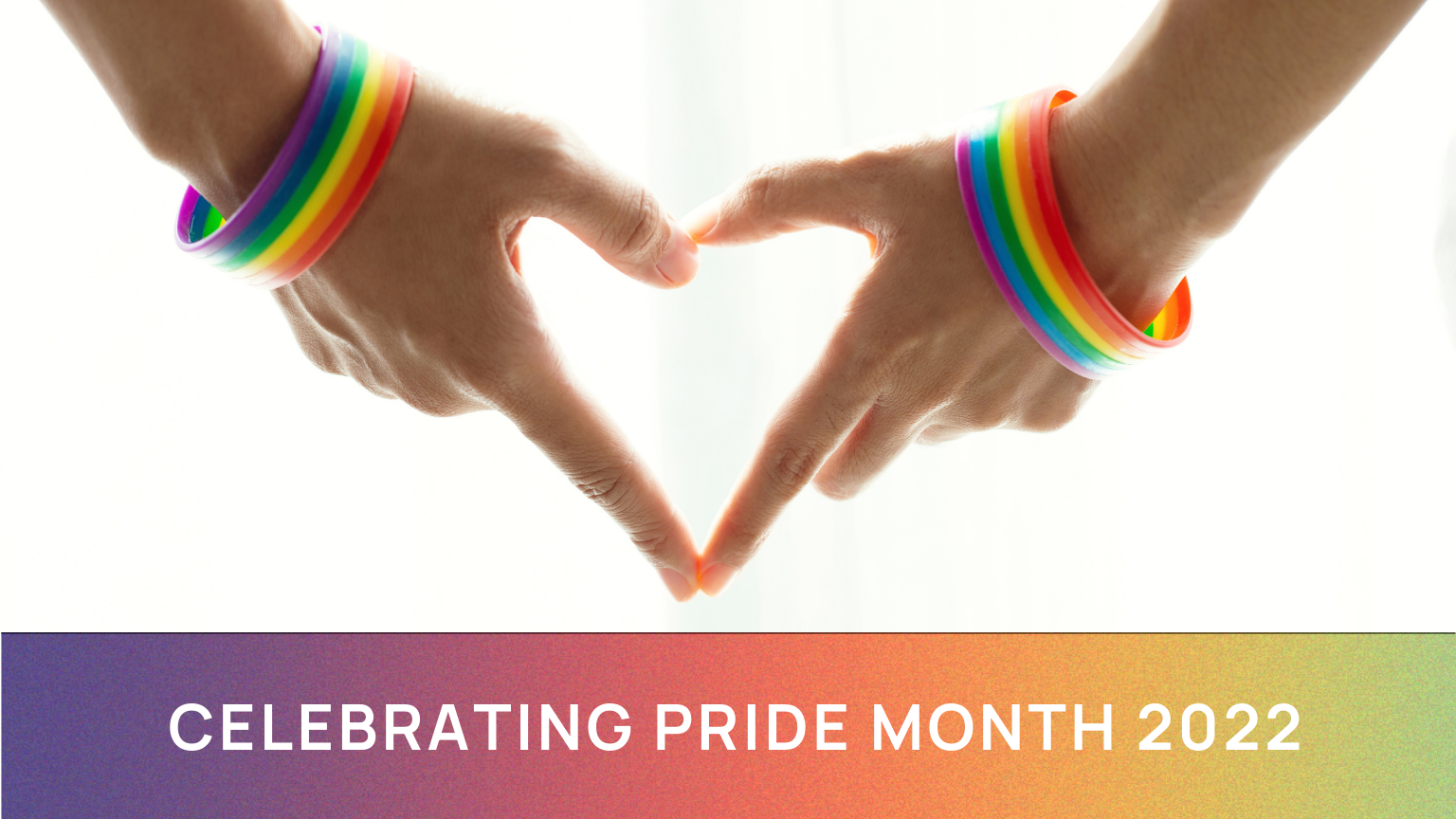
While LGBTQ+ patient care has improved over the years, it’s still a work in progress. So, as our healthcare system continues to lean into inclusivity, CNAs, LPNs, and RNs, can take immediate action to provide culturally competent care to the LGBTQ+ community.
So, what do you need to do? For starters, you must be able to deliver patient-centered care that doesn't judge or disregard an individual's beliefs, actions, or religious values. But that's just the tip of the iceberg. Healthcare for the LGBTQ+ community is a complex and sensitive issue. How so?
If anyone can deliver personalized, culturally competent care in a complex healthcare system, it’s nurses. Not only are nurses the largest segment of the healthcare workforce, but they also have the most direct contact with patients. Plus, nurses are the most trusted professionals in the United States, according to the annual Gallup Poll.
The LGBTQ+ community comprises many demographics with unique healthcare concerns. A long history of discrimination has also made it difficult for them to receive proper healthcare. And because gender identity, sexual orientation, and sexual health are personal matters, healthcare professionals must gain a deeper understanding of LGBTQ+ culture by:
1. Learning the Lingo
Good communication is essential to quality patient care. So, it’s important to use the correct terminology when caring for LGBTQ+ patients. With an understanding of these terms, you and your patients will feel more comfortable in conversations. It also demonstrates your desire to understand their concerns, experiences, and opinion. (Human Rights Campaign: Glossary of Terms)
Even simple language switches can go a long way. Start conversations off on the right foot by using general-neutral terms when appropriate. For example, use words such as “partner” instead of “girlfriend or boyfriend," or “spouse” instead of “husband or wife.”
2. Asking the Right Questions
When meeting with an LGBTQ+ patient, ask questions that focus on behaviors that impact their health rather than sexual orientation/gender identity per se so your conversation can influence positive outcomes and foster acceptance. For example, you might ask, “Is there anything else that would help me ensure you get the most out of this visit?” (10 Tips on Providing Culturally Competent Care to LGBTQ Patients)
3. Creating a Safe Space
Many members of the LGBTQ+ community avoid seeking healthcare services because of previous negative experiences, thus putting themselves at risk for untreated health issues. They often scan a healthcare facility to determine if they feel safe revealing personal information. You, as an individual, can help your LGBTQ+ patients feel comfortable by wearing pride swag such as a rainbow pin or lanyard. (10 Tips on Providing Culturally Competent Care to LGBTQ Patients)
4. Knowing the Risks
Because members of the LGBTQ+ community often face healthcare discrimination, many of these individuals fail to pursue preventive care or delay treatment for as long as possible. As a result, the LGBTQ+ community is at higher risk for health issues such as substance abuse, anxiety, depression, heart disease, sexually transmitted diseases, and cancer. So, when caring for LGBTQ+ patients, keep these factors in mind. You can also help bridge the healthcare gap for these individuals by empowering them to take charge of their health. (Enhancing Clinical Skills in Caring for LGBTQ+ Clients in a Hospital Setting)
5. Understanding Stages of Care
Furthermore, it’s essential to consider how the LGBTQ+ community’s health and social needs are different at different stages of their lives. For example, youth within the community are at greater risk for bullying and risky sexual behaviors, whereas adults have higher drug and alcohol abuse rates. Furthermore, LGBTQ people are less likely to have children, so they are more likely to live alone in old age. As a result, they can face health barriers caused by social isolation and the lack of culturally competent care. (Health Inequities in LGBT People and Nursing Interventions to Reduce Them: A Systematic Review)
Overall, cultural competence is the foundation of a great nurse-patient relationship and should be a priority in caring for all populations. By not taking the time to understand the unique needs of the LGBTQ community at the individual and structural levels, health inequities will continue in this population.
Nursing Advocacy Resources
To learn more about advocating for the LGBTQ community, you can visit: